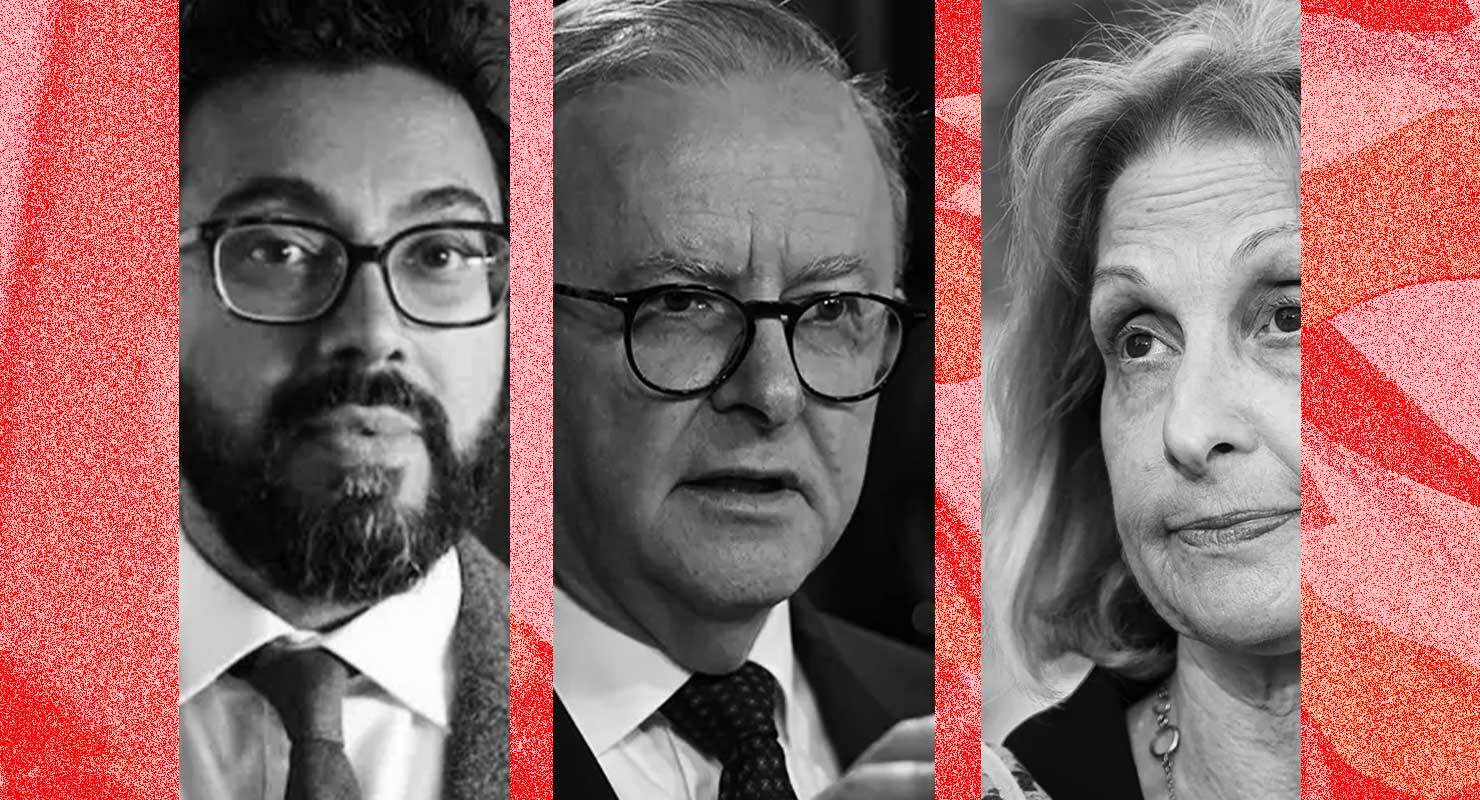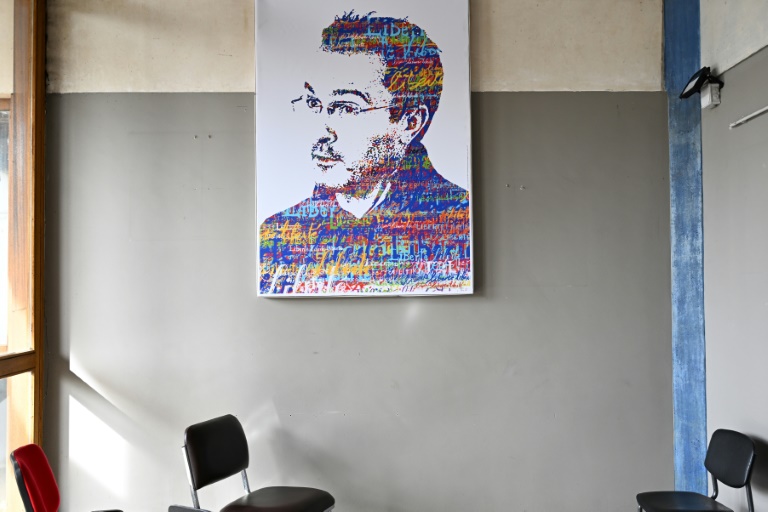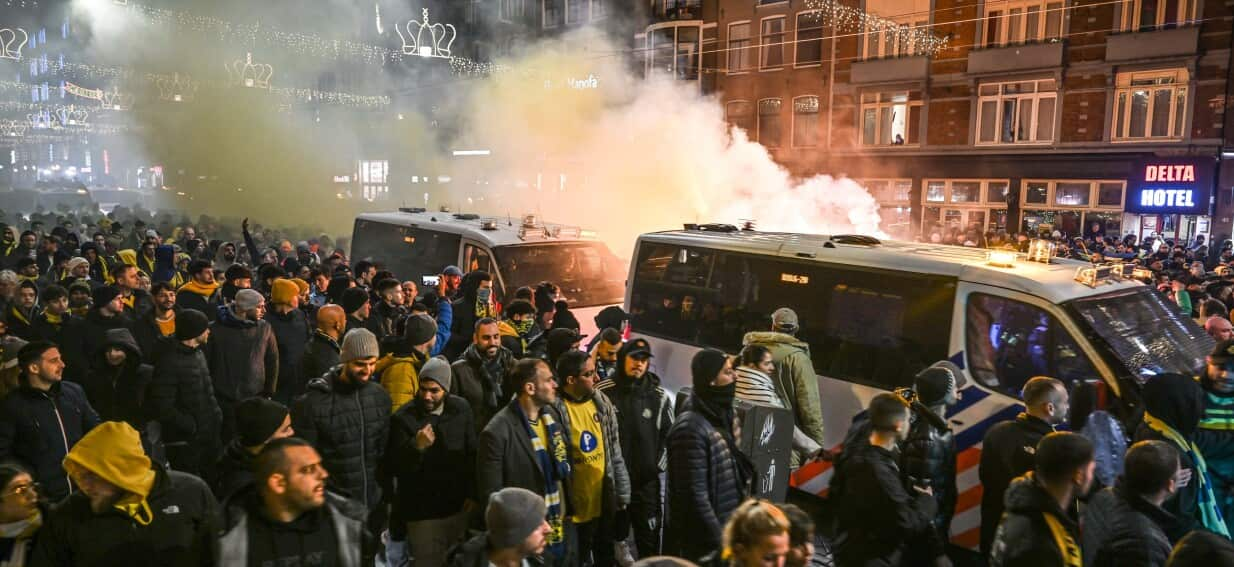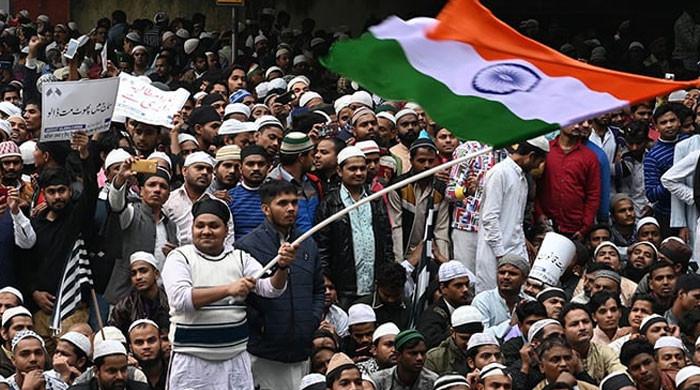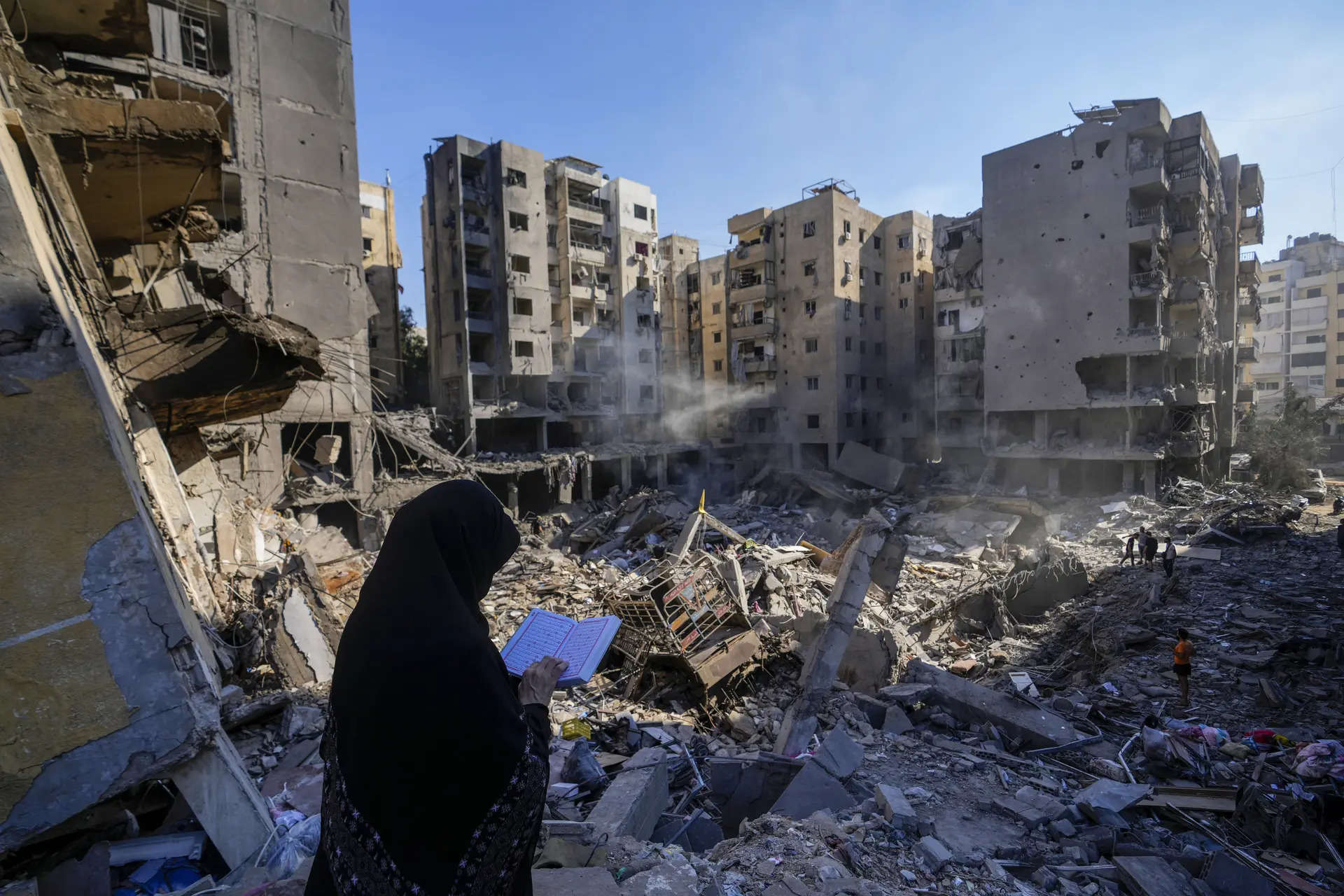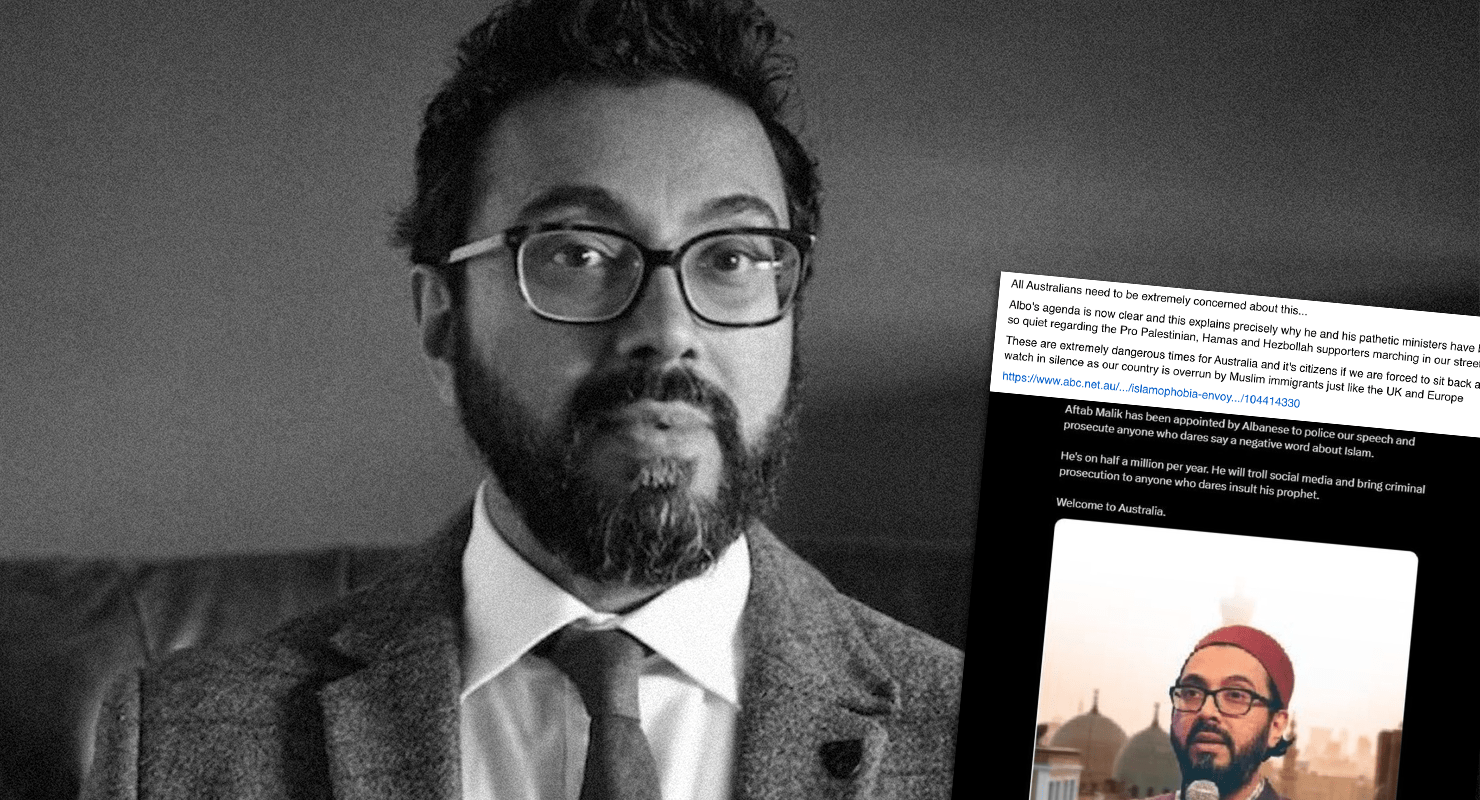Concerns Over Unequal Attention to Envoys
Advocates from anti-Islamophobia and Palestinian groups have questioned why the announcement of Labor’s envoy to combat Islamophobia was so subdued compared to the “spectacle of attention” paid to it envoy to combat antisemitism a few months ago.
Media were not invited to an event at the Sheraton Grand hotel in Sydney on Monday where Aftab Malik was announced as special envoy to combat Islamophobia. News of his selection was first reported by Capital Brief in the early afternoon, and then confirmed in a Monday evening press release co-signed by Prime Minister Anthony Albanese and Multicultural Affairs Minister Tony Burke. No press conferences were scheduled with either minister the following day.
Disparity in Envoy Appointments Noted
By contrast, when Jillian Segal was appointed special envoy to combat antisemitism in July, the prime minister and the then multiculturalism minister held a press conference with her on the same day.
You may be interested
“The grandeur surrounding the government’s antisemitism envoy announcement — which came complete with a prime ministerial press conference — starkly contrasts with the mere issuing of a press release for the Islamophobia envoy,” Australia Palestine Advocacy Network president Nasser Mashni told Crikey.
Mashni, who has criticised the entire concept of the special envoys as “[perpetuating] a harmful narrative of a hierarchy of racism while neglecting the systemic nature of discrimination”, said the two envoys nevertheless should have been afforded the same treatment by the government.
“When the Australian government offers one community a spectacle of attention while relegating the other to a press release, it sends a clear message – the struggles of the Palestinian and Muslim community on this continent are deemed less worthy of recognition and respect,” he said.
“This disparity in official acknowledgment highlights the fact that the Palestinian, Arab, and Muslim communities are continually treated as secondary, reinforcing a narrative that their dignity and concerns matter less.”
Jewish Council of Australia executive officer Max Kaiser, who has also been critical of the envoy concept itself, said the government’s handling of the announcement would put Malik in a difficult position.
“You have quite a difference in how the two things have been treated, and it seems the government has struggled to recruit an envoy for a few months now,” he told Crikey.
Kaiser said that in the case of Segal’s appointment, his organisation had not been properly consulted, and it appeared both selections had been made in a “completely opaque” way.
Mixed Reactions to Islamophobia Envoy
“We wish the Islamophobia envoy well and look forward to working with him [but] although we recognise Islamophobia and antisemitism have increased in Australia over the past year, we don’t think these specialised envoys are the best way to deal with the problem.
“It doesn’t address the problem holistically, in a way that’s intersectional and builds on each other — why don’t we have a commissioner against anti-Aboriginal racism, or one against anti-Asian racism? So many groups face racism, and we need to have an integrated approach.”
Executive director of the Islamophobia Register Australia Nora Amath, who was one of a few dozen advocates invited to Malik’s announcement, said some who attended the event noted how it was “very quiet”.
“We assumed the prime minister would have been there, but he wasn’t. We were expecting press to be there, but none were invited as far as I know,” she told Crikey.
It’s understood the way the announcement was made was based on consultation and deemed the most appropriate way to do it. Burke’s office declined to comment, and the prime minister’s office did not reply to a request for comment.
Greens anti-racism spokesperson Mehreen Faruqi said it was hard to take the appointment “seriously” given what she claimed was the Australian government’s “complicity” in Israel’s wars in Gaza and Lebanon.
“The appointment of envoys is a bandaid approach to deep-rooted racism in this country,” she said.
“We have a race discrimination commissioner who should be fully funded and empowered to tackle racism in all its forms.”

